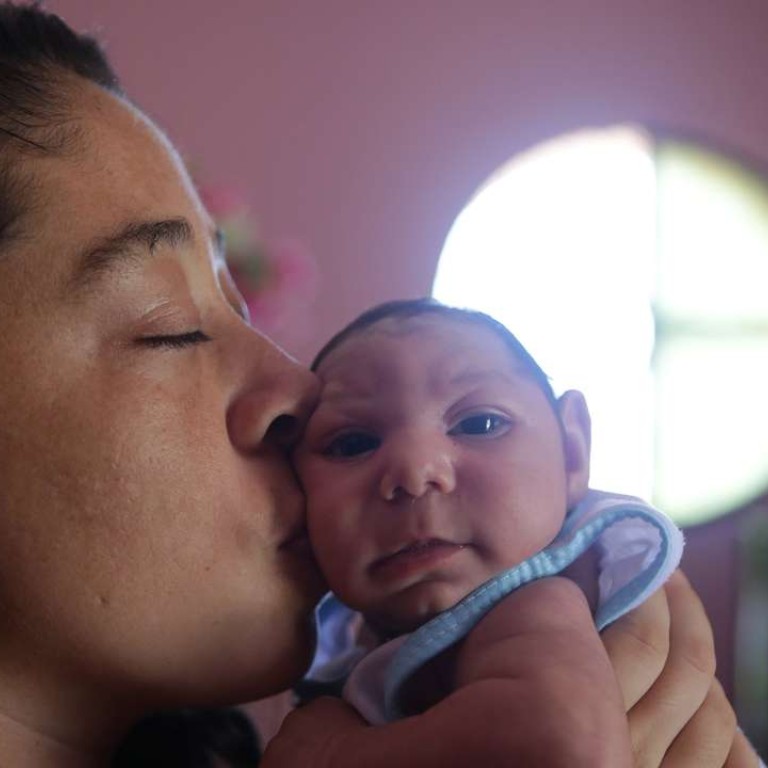
10 Hong Kong clinics ready with Zika treatment for travellers to Olympics
Those who appear healthy but are still worried after returning from Rio can opt for screening by virus experts
Ten public clinics will be ready to treat the 1,500 Hongkongers, including 30 athletes, if they show symptoms of the Zika virus on their return from the Olympics in Rio de Janeiro.
Secretary for Food and Health Dr Ko Wing-man said on Sunday that those who appeared healthy could take up the offer of screening by experts at the University of Hong Kong.
Professor Yuen Kwok-yung, a microbiologist at HKU, warned that around 80 per cent of people infected with the mosquito-borne disease, for which there is no treatment or vaccine, could be silent carriers who never show symptoms.
“These people who are infected with Zika could give birth to babies with deformities, or spread the virus to their female spouses.”
Yuen said those who displayed no symptoms but felt worried about the potential risk of being infected could join the HKU programme, conducted by Dr Jasper Chan Fuk-woo and Professor Ivan Hung.
“If the travellers want to find out if they are infected, HKU will offer them screening by taking urine and blood samples, with results expected in seven days.”
They would first need to make a phone appointment with the research nurse for a specimen between 14 days and six months after returning from Brazil.
After being informed of the result, doctors will provide them with individual counselling on conception issues, blood transfusions and transplants, and follow up as indicated.
Yuen said he was worried at how the virus was spreading as the US had confirmed four new infections in Florida among people with no travel history to Africa or Central America. It showed the virus may be spreading silently in communities.
The World Health Organisation declared Zika a public health emergency in February, when the virus mainly affected Latin America and the Caribbean.
The virus causes a serious birth defect among infants called microcephaly – an underdeveloped brain and small head. Those infected display flu-like symptoms such as mild fever, rash, joint pain and red eyes.
It spreads mainly through mosquito bites, but researchers believe it can also be transmitted through sex and blood transfusions.
The Olympics start on Friday and run until August 21.

